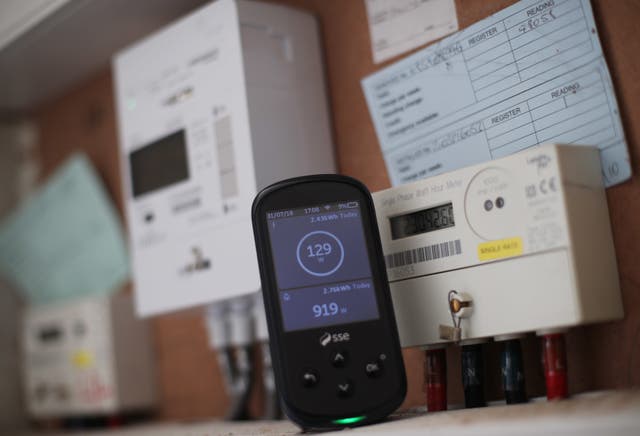Electric car chargers at home: What you need to know
New homes will have to be built with an EV charger.

New homes being built in England will have to feature an electric car charger, as announced by Prime Minister Boris Johnson in a speech made today to the Confederation of British Industry (CBI).
The move will see up to 145,000 extra charge points installed across England each year, according to the government, while those undergoing large scale renovations ‘which leaves them with over 10 parking spaces’ will be required to install chargers too. But what do you need to know about home charging and are there any other factors you need to consider? Let’s take a look.
Where will an EV charger be positioned on my house?

>
You don’t have to worry about an electric car charger occupying a strange space on your house. They’re most commonly installed where there’s easy access to a driveway or parking space or on the side of a property where they’re easy to get to.
The charging units themselves have gotten smaller in recent years, too, so they don’t occupy too much space on a property, either.
Do chargers come with a cable attached?
This depends on what type of charger is installed. A tethered charger, as you’d expect, comes with a cable already attached. They’re usually available with different lengths of cable, too.
However, a universal charger might be a better idea. It comes without a cable, but since nearly all EVs come with a charging cable included as standard this won’t be a problem. Plus, once you’re done charging you can stow the cable away in the car, rather than leaving it outside.
Do the chargers work in the rain?
Of course. Home charge points are weatherproof, as are the cables themselves. There will be no issue with using your charger in the rain or charging your car when it’s wet outside, either.
Couldn’t I just use a three-pin plug to charge my EV?
You could, but most manufacturers don’t advise this unless you really, really need to add charge to your car. Plus, without an external plug socket, you’ll need to trail wires into your home in order to charge.
Plugging your EV in via a three-pin socket will also result in a glacial charge time; fully filling a Tesla Model 3’s batteries in this way would take up to 36 hours.
How much will it cost me to charge an EV at home?

>
Much like regular petrol or diesel cars, EVs come with different sized batteries – but it can be easier to think of them as ‘tanks’ instead. Therefore, the larger the battery, the more energy it’ll require and the more it’ll cost to charge as a result.
However, to charge an average-sized electric car with a 60kWh battery and a 200-mile range, you’ll be looking at around £9 to fully charge. This will depend on your energy tariff.
Are there any specialised EV energy providers out there?
Absolutely. If you’re looking to reduce the cost of charging an electric car even further, then there are many suppliers who offer EV-focused energy tariffs. Many will give you better rates for charging overnight, for instance.
Though the recent hike in energy prices has reduced the number of EV-focused tariffs, there are still some there to be found – mostly for those who want to switch their existing energy tariff to an electric car-focused one.
How long will it take for an EV to charge at home?
Much the same as before, the size of your EV’s batteries will determine how long it takes to charge at home. For instance, a Hyundai Kona Electric with a 64kWh battery capable of returning up to 300 miles will take over seven and a half hours to charge at home when connected to a 7kW charger.
A Mini Electric, for comparison, has a smaller 32.6kWh battery returning 144 miles of range. As a result, a full charge will take between three and four hours when connected to a 7kW home charger.





